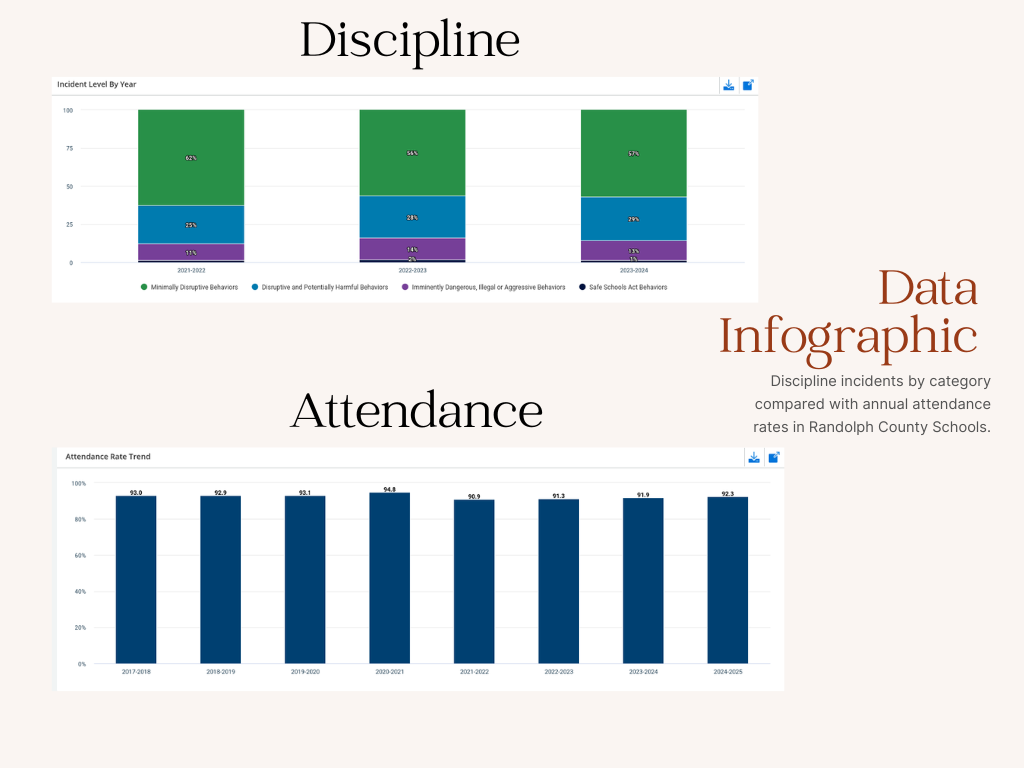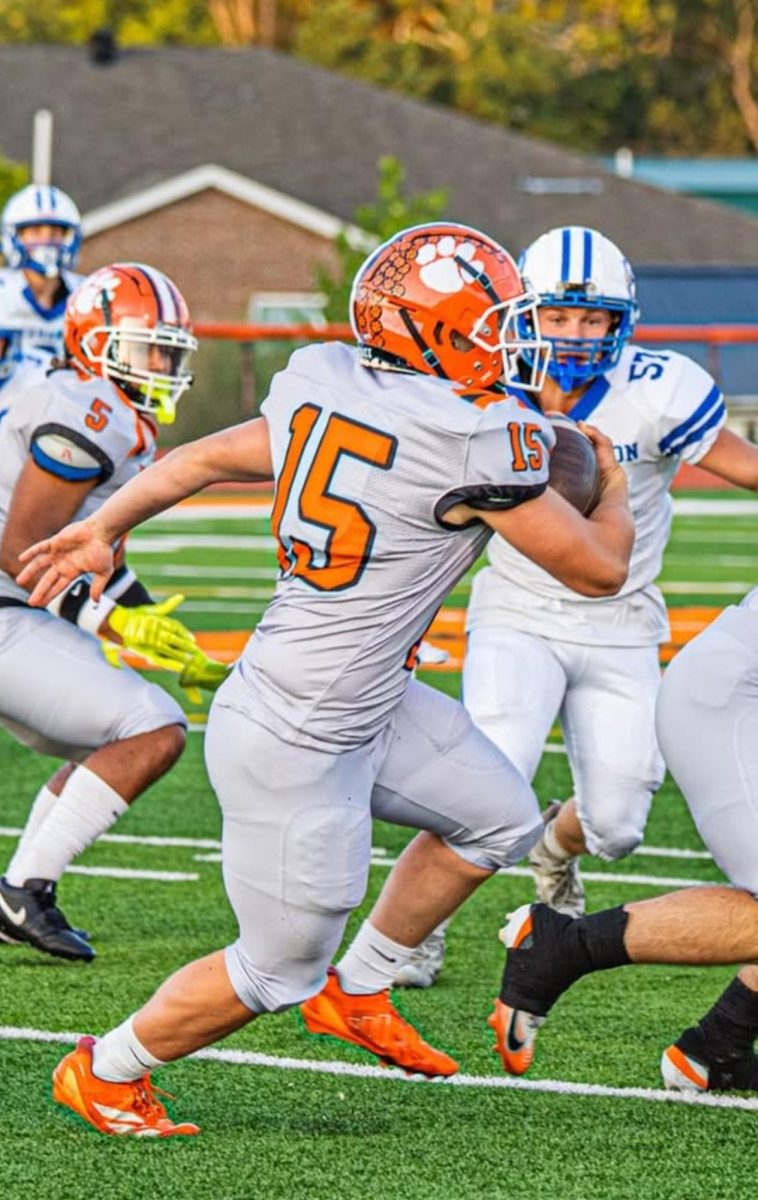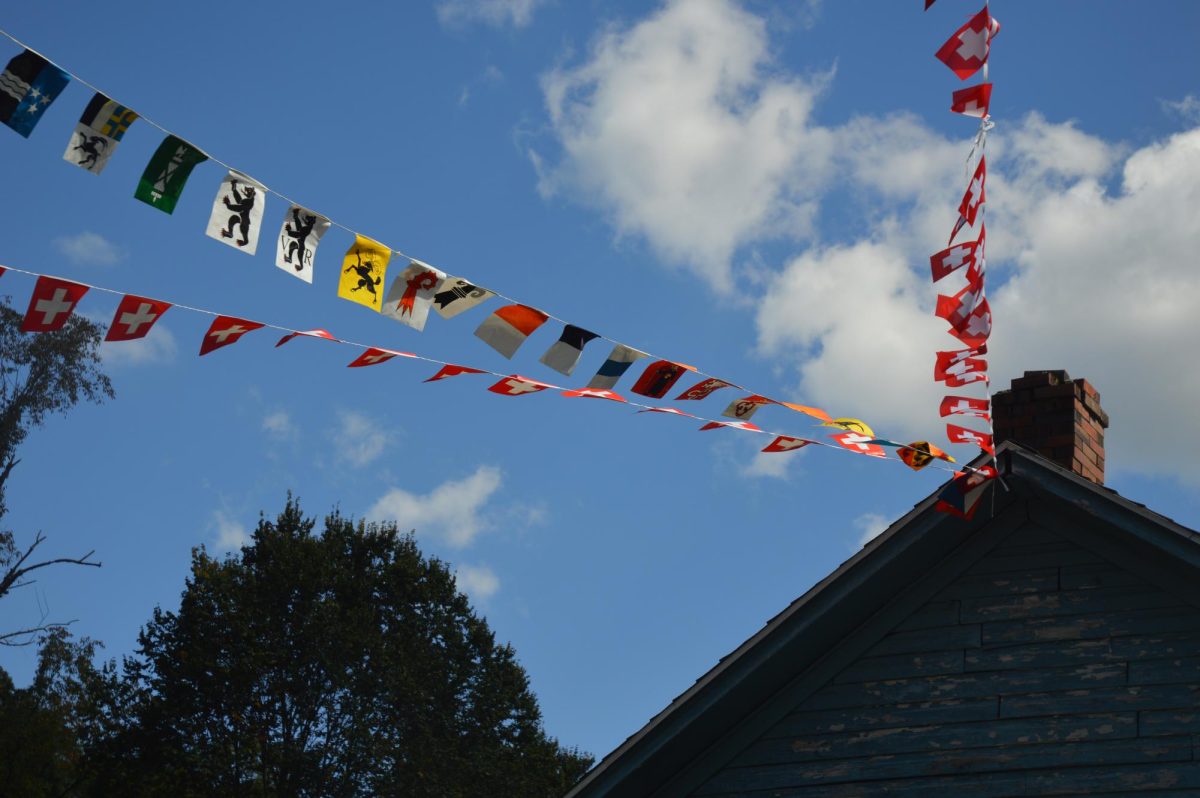On April 2, Randolph County Schools initiated an independent investigation into Elkins High School following allegations that staff engaged in inappropriate use of instructional time. The inquiry, prompted by complaints from parents, focuses on reports that teachers discussed employment issues and encouraged student protests during class hours.
David Boober, an expert in digital forensics and current investigator for Jefferson County Schools, led the investigation. His involvement stems from a connection with Superintendent Dr. Shawn Dilly, who previously worked in Jefferson County. The West Virginia Department of Education and the district’s legal counsel recommended hiring an outside investigator to ensure objectivity.
Concerns arose as the school district held reduction-in-force (RIF) hearings, with many of the proposed staff cuts affecting Elkins High. Shortly after, staff received written directives warning them against discussing employment matters during school hours or promoting any student-led demonstrations during class time.
The letter emphasized that all instructional periods must be reserved for educational purposes and outlined specific expectations for staff conduct. These included avoiding disruptive political or employment-related discussions with students and not supporting protests during the school day. “While we understand that students have significant protections under the First Amendment to the U.S. Constitution to express themselves, they must do so within the confines of the law. We expect that students will exercise their rights at the appropriate time and manner, in non-disruptive ways, if during the instructional day”, the letter states.

“As an example, I think of the Supreme Court Case Tinker v. Des Moines (1969). The context is students in high school decided to wear black armbands to silently protest the Vietnam War”, says Junior Trey Walters, “and the administration suspended anyone who did so. During their suspension, parents sued. The Supreme Court ruled in favor of the students saying that students do not “shed their constitutional rights to freedom of speech or expression at the school house gate” as long as it does not cause material disruption. Nonetheless, they also said that officials cannot act on suspicion, and suspicion only”, he continued.
Weeks have passed since the announcement, and both students and members of the Elkins community have expressed growing concern and curiosity about the status of the investigation. With little public information released since the initial letter to staff, many are left wondering whether the investigation is still ongoing, what findings, if any, have emerged, and how the outcome might affect the future of Elkins High School and its staff. The lack of updates has fueled speculation and uncertainty, particularly among students who were reportedly involved or impacted by the situation.
“I think that the information surrounding the investigation should be more easily accessible for the public. We don’t really know anything about it—I don’t even know if it’s still going on. I think it’s important for students to know what’s going on in their school”, says Junior Rue Fulton.
Many students and parents at Elkins High School have expressed frustration, confusion, and concern surrounding the investigation. For some, the sudden announcement felt like a response to growing tensions over staff cuts rather than a clear-cut disciplinary issue. Students who participated in peaceful demonstrations say they felt targeted, while parents have questioned the transparency of the process and the decision to bring in an outside investigator. The lack of communication since the investigation began has only deepened feelings of unease, with many in the school community eager for clarity and reassurance about the motives, progress, and eventual outcome.
When asked about the investigation, Dr. Shawn Dilly responded, “I can only share that the investigation is ongoing.”
According to West Virginia Code §18-2E-5, the state Board of Education has the authority to intervene in the operation of county school systems that are determined to be noncompliant with certain standards of governance, financial responsibility, or academic performance. Suppose a county board is found to be unable or unwilling to correct such issues. In that case, the state board may assume control, including but not limited to: replacing the local superintendent, taking over hiring and personnel decisions, or even suspending the authority of the local board entirely in certain circumstances.
Such a measure is typically reserved for situations involving persistent deficiencies or a failure to adhere to required policies and protocols. However, the mere initiation of an independent investigation—especially one that involves allegations of staff misconduct, political influence in classrooms, and unrest tied to administrative decisions—has led some to wonder whether Randolph County could be subject to heightened scrutiny by the state.
“I wish there were more options for us this year. A lot of things are still unclear or undisclosed, but the guarantee of period scheduling is really frustrating for me, and I’m worried it will become more difficult for me to keep up with my classes, especially since I have many responsibilities at home. I can’t help but wonder if the state had come in earlier this year, would they have closed Harman and Pickens schools? And would we have more options with scheduling and integral classes?”, says Brooklyn Johnston, an upcoming senior.











